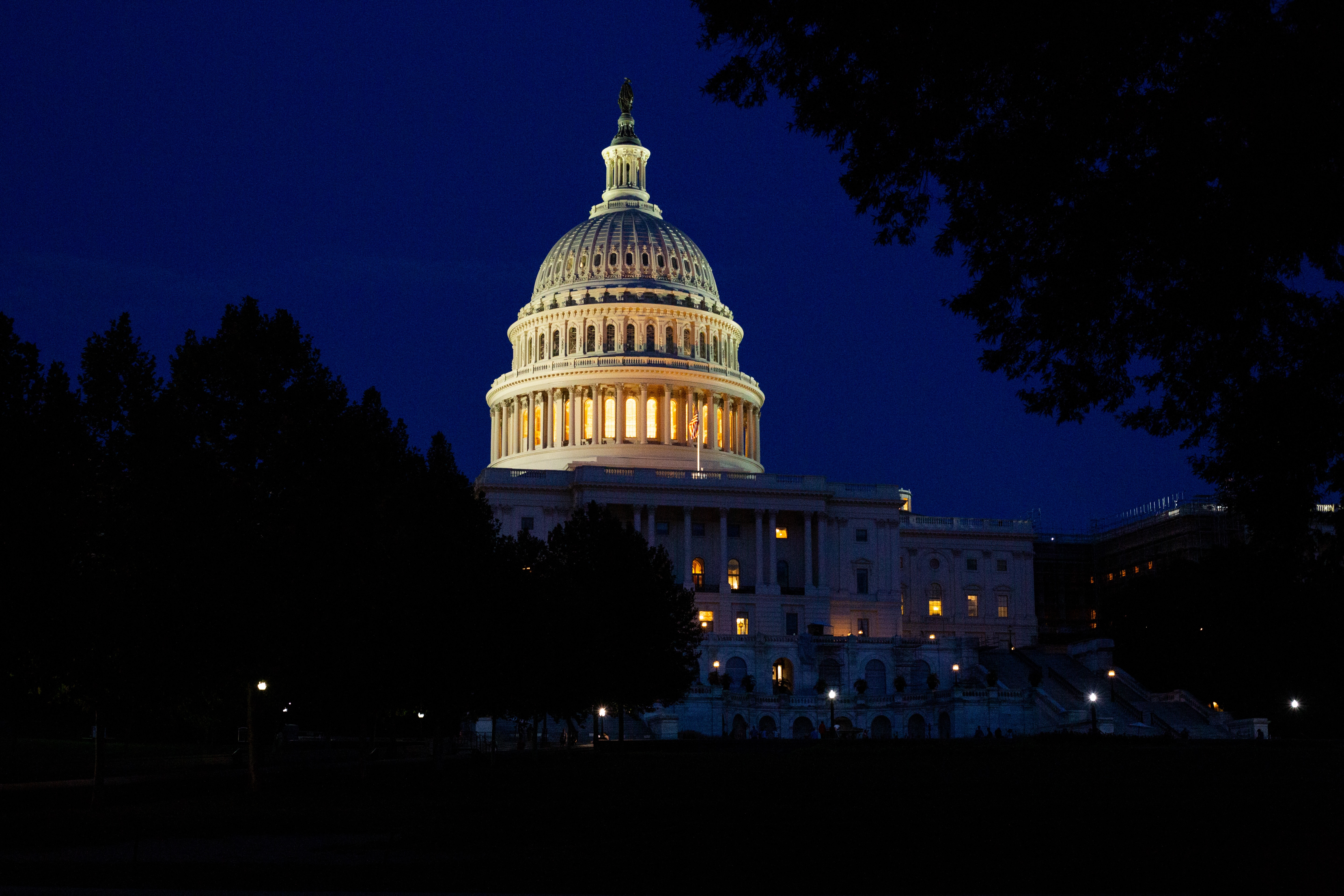Uttar Pradesh: Mayawati’s Stunning Victory
By Nilofar Suhrawardy, Muslim Media News Service (MMNS)
New Delhi/Lucknow—The dashing performance of the Bahaujan Samaj Party (BSP) in Uttar Pradesh assembly elections leading to party supremo Mayawati’s takeover of reins as chief minister for the record fourth time also spells the charting of a new political map in the state.
Fifty-one-year old Mayawati, who entered the political fray in the mid 1980s to champion the cause of Dalits (weaker sections among Hindus, earlier known as untouchables), has won these elections by convincing upper caste Hindus and Muslims to support the BSP. It is the first political test faced by Mayawati, following the death of Kanshi Ram, who founded BSP on April 14, 1984. The late Kanshi Ram encouraged Mayawati to enter politics and played the role of her mentor till he passed away last year. Emerging from his shadow, Mayawati adopted a political strategy that is markedly different from the one BSP leaders exercised earlier. BSP first entered the political stage as Dalits’ force, making no secret of its aggressive stand against higher caste Hindus. In contrast, during these elections, Mayawati made extra-efforts to secure the support of upper caste Hindus and Muslims. This political strategy has contributed to ushering in a single party government in UP after 14 years of coalition-politics.
Soon after BSP’s simple majority was confirmed last week (May 11), while addressing a press conference, Mayawati said: “After 14 years, this is the first time that a single party has been returned to power.â€
Asserting that her victory was also a signal of a major change in the UP, Mayawati said: “A big social change has taken place in UP, and all sections of society have supported the party.†At BSP headquarters in Lucknow, Mayawati was flanked by Satish Chandra Mishra and Naseemuddin Sidduiqi, who contributed in strengthening BSP’s base. While Mishra, she said, “played a pivotal role in amalgamating upper castes with party,†Siddiqui’s campaigning “ensured the Muslims voted for BSP.â€
Against the 206 seats won by BSP in 403-member UP assembly, the other parties could not manage even 100. The BSP has come a long way from the 99 seats it won in the ‘02 polls. The Samajwadi Party (SP), headed by outgoing Chief Minister Mulayam Singh Yadav, could secure only 97 seats against the 143 it won in ‘02. Bharatiya Janata Party (BJP) managed only 50 against the 88 it held before, displaying its worst performance since ‘91. Congress won 22 against the 25 in the previous assembly.
The support of upper caste Hindus for the BSP, earlier assumed to be a strong base of BJP in UP, has led the latter to be pushed to third position. Likewise, the Muslim-vote, earlier held to be with Mulayam Singh, has displayed a decisive inclination towards BSP. All the political campaigning indulged in by Congress leader Rahul Gandhi has not spelt any major gain for his party.
The success of Mayawati’s strategy is marked by BSP’s elected legislators including 51 Brahmins, 24 Muslims and 62 Dalits. The same strategy has been reflected in the newly-formed cabinet. She was sworn in as the UP chief minister on Sunday (May 13) afternoon. Of the 49 ministers administered the oath of office, 13 are upper-caste Hindus, five Muslims, and 31 backward Hindus.
The political rationale exercised by voters in UP also stands out. Divisive tactics tried by the BJP, reflected by its use of an anti-Muslim CD, failed to attract upper caste Hindus. The failure of small parties and independents to make a notable dent in these polls cannot also be missed. While all 46 candidates fielded by the left bloc have been defeated, only 26 of 3,937 contestants from small parties and independents have made it to the assembly. Clearly, the voters in UP decided not to let their votes be wasted. Therefore, rather than face political instability with a hung assembly, they decided to ignore parties and/or candidates with insignificant base in UP.
Mayawati is the 40th chief minister of UP. She became the first Dalit chief minister of India in ‘93, when she stepped into this office after winning elections in alliance with SP. In ‘97 and then again in ‘02, Mayawati became the chief minister in alliance with the BJP.
Born on January 15, 1956 in Delhi, Mayawati worked as a teacher in different government schools in Delhi from 1977 to 1984. During her student days, she participated in youth agitations and displayed her desire to do something for Dalits, backwards, and minority communities. Her electoral debut was a failure as she lost the 1984 Lok Sabha elections. She also lost two bye-elections to Lok Sabha from Bijnor (1985) and Haridwar (1987). But rather than quit politics, she contested again from Bijnor in 1988 to enter Lok Sabha. And since then there has been no looking back for her. It was her party’s decision to abstain from the April 1999 confidence vote that led to fall of the Atal Behari Vajpayee government.
Quietly basking in the success of their daughter, at their residence in Delhi, Mayawati’s parents Prabhudayal and Ramlata want her to rise further.
Her father, earlier a supervisor in a telecom department, said: “She is the queen of UP. One day she’ll be Prime Minister.â€
9-21












2007
2,827 views
views
0
comments